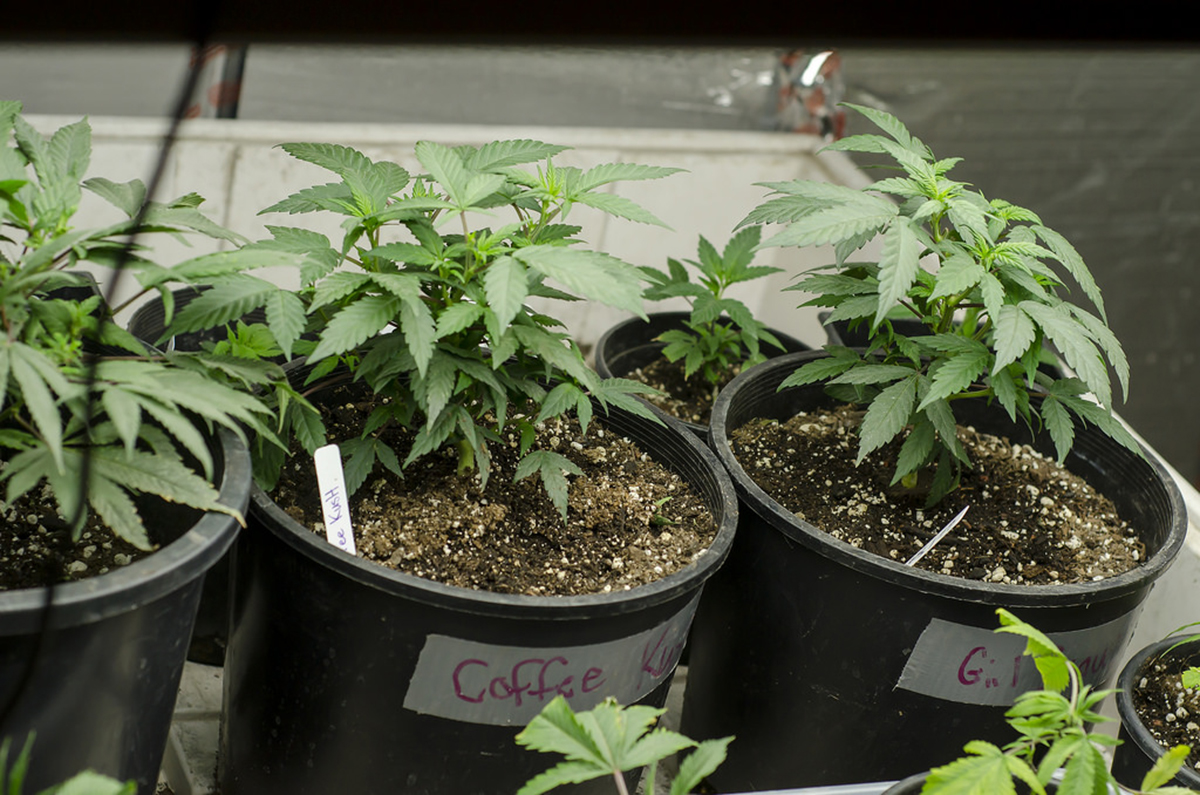Table of Contents
Anyone who is familiar with popular culture knows about at least some of the "side effects" of marijuana — the word is, of course, in inverted commas because those very side effects are the reason recreational users of marijuana choose it. Once the THC in marijuana reaches your system, you'll start to feel all kinds of things, such as:
- Drowsiness
- Dizziness
- Euphoria
- An "expansion of the mind"
- The "munchies", AKA an acutely increased appetite
- A feeling of peace

They include lowered blood pressure, an increased heart rate, dilation of the pupils, a dry mouth, and slowed reaction time. It is because marijuana use increases your heart rate that your risk of heart attack increases in the immediate period following to using it. Cannabis can also make you more prone to bleeding, and it can affect your blood sugar levels.
On the emotional side, while medical marijuana may initially lift your mood (hence treating depression, anxiety, and PTSD are seen as being among the medical uses of marijuana), there is evidence that it causes some people to feel more depressed, anxious and paranoid, and some people even become psychotic after using weed.
Remember the report we mentioned earlier? Well, though it found evidence that marijuana has definite medicinal properties, as already described, the expert panel also revealed that regular cannabis use is "likely to increase the risk of schizophrenia and other psychoses", and that long-term users are at a higher risk of developing social anxiety disorder and experiencing suicidal thoughts. Likewise, in people with Bipolar Disorder, frequent cannabis use can lead to worse symptoms.
Marijuana Allergy: Is It Possible?
As more people try medical cannabis, some also find that they are, in fact, allergic to marijuana smoke. One study found that people can be allergic to marijuana just as they can be allergic to birch trees or ragweed. Current numbers suggest that marijuana allergy is on the rise, but that may not be the case at all. Rather, as medical cannabis becomes legal in more jurisdictions, this is simply a topic that is now researched more.
The symptoms of a marijuana allergy are much like those of any allergy — itchy and swollen eyes, nasal drip, a stuffy, "full" head, and sneezing. If smoking pot induces these symptoms, you are most likely dealing with a marijuana allergy and ingesting cannabis in other forms will produce the same effects. People with a marijuana allergy are, unfortunately, not candidates for marijuana smoking or other use.
Marijuana In Pregnancy
What about using marijuana in pregnancy, then? While you may be tempted to smoke pot during pregnancy, especially if you are dealing with the severe form of morning sickness known as hyperemesis gravidarum, because marijuana does counter nausea, know that there is not enough evidence that marijuana in pregnancy is safe.
If you really want to use marijuana in pregnancy, vaporizing it or using marijuana oil is a safer bet. Always discuss the advantages and disadvantages with your doctor, and never use cannabis while you are expecting unless it is prescribed to you. Other people should also be aware that second-hand marijuana smoke can adversely affect pregnant women.
Should Medical Marijuana Be Legalized Across The Board?
Should other jurisdictions follow the example of those that have already legalized marijuana for medical use? We at SteadyHealth aim to assist people in taking charge of their health by being informed patients. We're not a lobbying organization, or legal experts for that matter. All we can say is that for many people with chronic pain, spasticity, cancer, and other medical conditions, medical marijuana is the only thing that actually works, that makes their life just bearable.
With continued study, we'll all be able to understand the implications — good and bad — of using cannabis as a medicine much better. Hopefully, some of the potential side effects can be minimized by using marijuana as the basis for new drugs, isolating only the ingredients that offer benefits. In the meantime, if you are affected by a temporary or chronic medical condition cannabis might be able to offer you relief from, and live in a jurisdiction where marijuana for medical use is legal, talk to your doctor.
- Photo courtesy of scubabrett22: www.flickr.com/photos/scubabrett22/12160781894/
- Photo courtesy of sandovaldaniel: www.flickr.com/photos/sandovaldaniel/8042456462/

